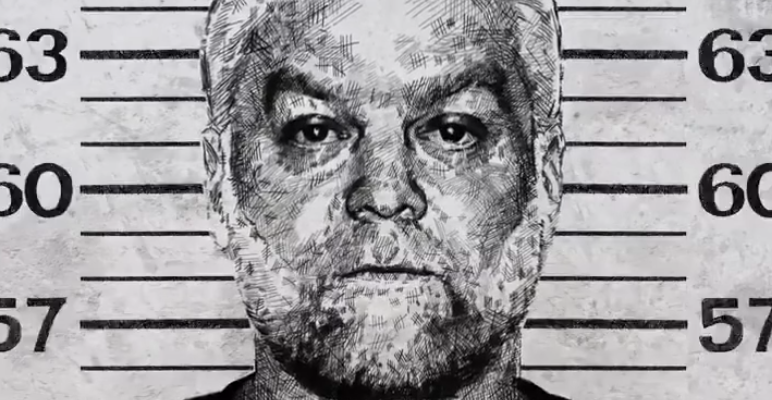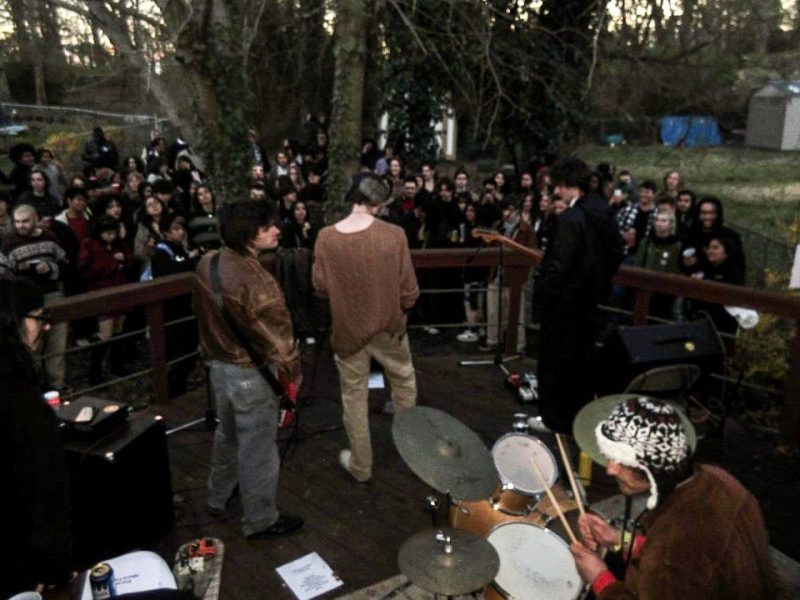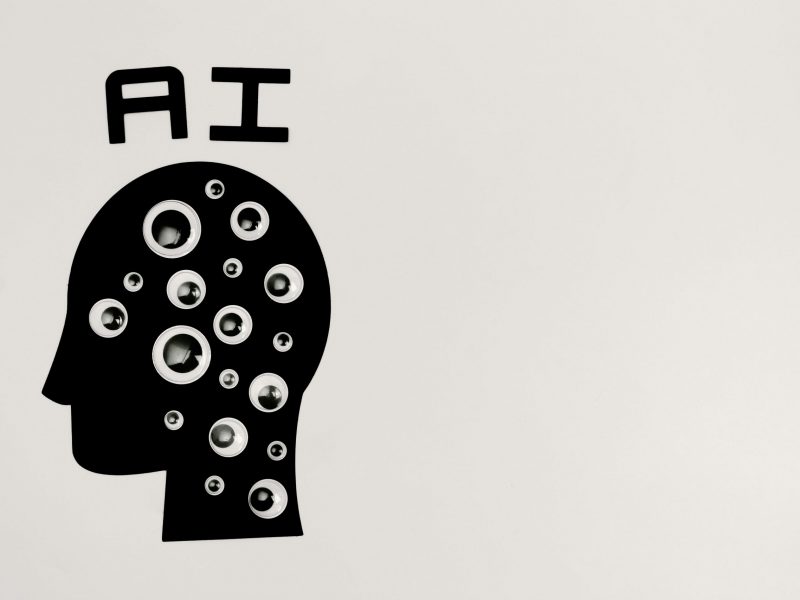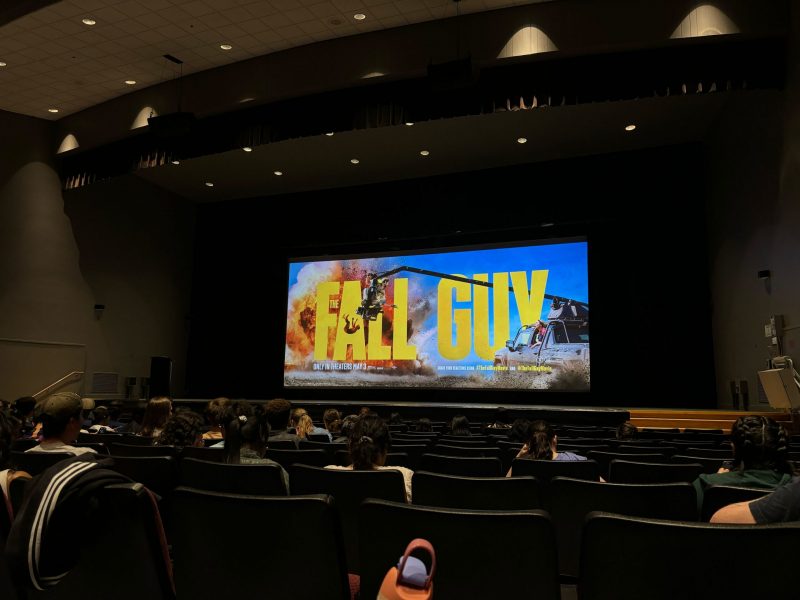Three years after the unbelievable hype of Making a Murderer that swept the nation, season two was released to continue the seemingly unreal story of Steven Avery and Brendan Dassey and their fight for freedom that transpired in season one. The producers tried to ride the wave of excitement following the release of those first ten episodes, but it’s hard to believe they genuinely thought this follow-up would ever be as successful.
Still, season two was entirely necessary. While the first one felt thorough, it went quickly and left numerous questions unanswered. Sadly, in this season the producers failed to effectively continue telling the unimaginable story of two men being held behind bars for a crime they were possibly framed for.
Season two was advertised as a continuation of the Avery/Dassey story with gripping new details and in-depth, follow-up investigative reporting. While new details were revealed — things such as finding out there’s a road on Avery’s property that would allow for Teresa Halbach’s car to be placed there without detection or that authorities could have planted Avery’s sweat DNA under the hood of her car — they did not compare to the jaw-dropping surprises that made season one so memorable.
Three years ago, viewers were addicted to the Netflix series, clicking to continue watching as a result of the crippling suspense each episode provided. Details such as finding no blood on Avery’s property after the murder of Halbach or that the same cops that seemed to be out to get him were working his new case kept viewers engaged. Season two revealed only smaller, less-dramatic findings that unfortunately did not compare.
This was part of the reason season two felt so slow. These minor developments didn’t seem like enough to warrant a 10-episode follow-up season. Season one could have laid the foundational background for season two to truly delve into the deep content of the case. But the lack of new information made it feel like the producers were struggling to complete the hour-long episodes. Simply put, it is questionable whether there was enough content to have a season two in the first place.
The natural drama inherent in the investigative documentary work is muffled by what feels like fluff. The first season portrayed a genuine drive to prove the innocence of the two subjects, but the producers of Making a Murderer now seem more interested in views and buzz.
Not all changes in season two were totally terrible. The choice to make Kathleen Zellner, Avery’s lawyer, more significant was not a bad one. Viewers watch her build Avery’s case in an attempt to prove his possible innocence, tying into season one. The investigation of other possible killers was also very effective.
Most importantly, focusing on the questionable Dassey confession was a crucial, and actually engaging, detail of season two. It brought viewers back to the suspenseful roller-coaster ride of emotions that made the first season so remarkable. It was hard not to feel hopeful, but also impossible to deny that his story would inevitably end sadly.
Despite this, focusing on his confession and trial felt dated. The Supreme Court ruled in the summer that it would not hear his case, despite renewed interest after the show. The months between that decision and the new season made the focus on the trial feel like a rehashing of old news.
That Supreme Court decision drastically affected the presentation of Making a Murderer, as the reality of the case unfortunately twisted its portrayal in the documentary. Season one made viewers feel charged and hopeful that the media attention would help free a possibly innocent man. Most successful crime and investigative documentaries thrive on those optimistic feelings. Unfortunately, the SCOTUS decision crushed the idea of making any difference.
Not to mention, season two was released on Netflix during a time of extreme volatility in American politics, especially regarding the Supreme Court. The confirmation of Brett Kavanaugh, and the extreme public outcry, has made many lose hope in the American judicial system. One documentary series will not resolve deeper issues.
Reality has ruined a documentary that tried to shed light on it.




